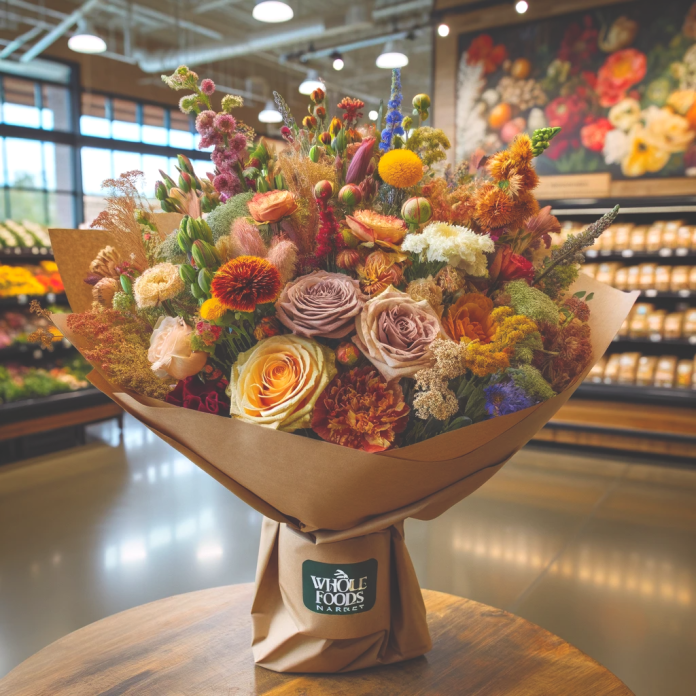Whole Foods Market introduces a pollinator policy to boost biodiversity and agricultural sustainability.
Leading organic supermarket chain Whole Foods Market, has taken a significant step to safeguard pollinators with the launch of a new policy for its Fresh Produce and Floral purchasing. This policy, reflecting the company’s longstanding commitment to organic agriculture and the prohibition of toxic persistent pesticides, aims to enhance the health and biodiversity of pollinators essential to our food system and environment.
Karen Christensen, senior vice president, Perishables & Quality Standards at Whole Foods Market, highlighted the company’s dedication to this cause. “We understand the important role pollinators play in our food system and, through this policy, will build on our long legacy of supporting biodiversity and pollinator health,” she said in a statement. “This is another critical step forward in our journey of climate-smart agriculture as part of our purpose to nourish people and the planet.”

By 2025, Whole Foods Market says it will enforce a requirement for all its fresh produce and floral growers to adopt an Integrated Pest Management (IPM) system. This system emphasizes preventative and biological pest control measures, thereby minimizing the reliance on chemical pesticides. Additionally, the company has decided to ban the sale of potted plants treated with nitroguanidine neonicotinoids, which include clothianidin, dinotefuran, imidacloprid, and thiamethoxam. The policy also encourages all suppliers to gradually eliminate the use of these harmful neonicotinoids.
Beyond honeybees, the policy acknowledges the significance of native pollinators like bumblebees, wasps, and butterflies, recognizing their contribution to the food system and as indicators of biodiversity.
Whole Foods Market’s commitment extends beyond policy implementation. Through its foundations and partnerships with internationally recognized third parties, the company has launched campaigns to raise awareness about pollinators and their impact. This includes the Whole Kids Bee Grant Program, which collaborates with The Bee Cause Project. Since 2014, this program has provided more than 850 educational beehives to schools and non-profit organizations, fostering an understanding of pollinators among students.

The company’s influence is evident in its supply chain as well. Suppliers like Rainier Fruit have joined Whole Foods Market’s efforts by establishing dedicated pollinator habitats and pursuing Bee Better Certified orchard status in partnership with the Xerces Society for Invertebrate Conservation.
Mark Zirkle, president of Rainier Fruit, emphasized the critical importance of pollinators in agriculture. “Every single piece of fruit we grow requires pollination. We wouldn’t have a crop without honeybees, so pollinator health is of utmost importance for us as farmers,” he said. “We’re appreciative of Whole Food’s advocacy and look forward to continued efforts towards more sustainable agriculture.”
Whole Foods Market’s new pollinator policy is a testament to its role as a pioneer in the movement towards sustainable and biodiversity-friendly agriculture, setting an example for others in the industry to follow.
Related on Ethos:


